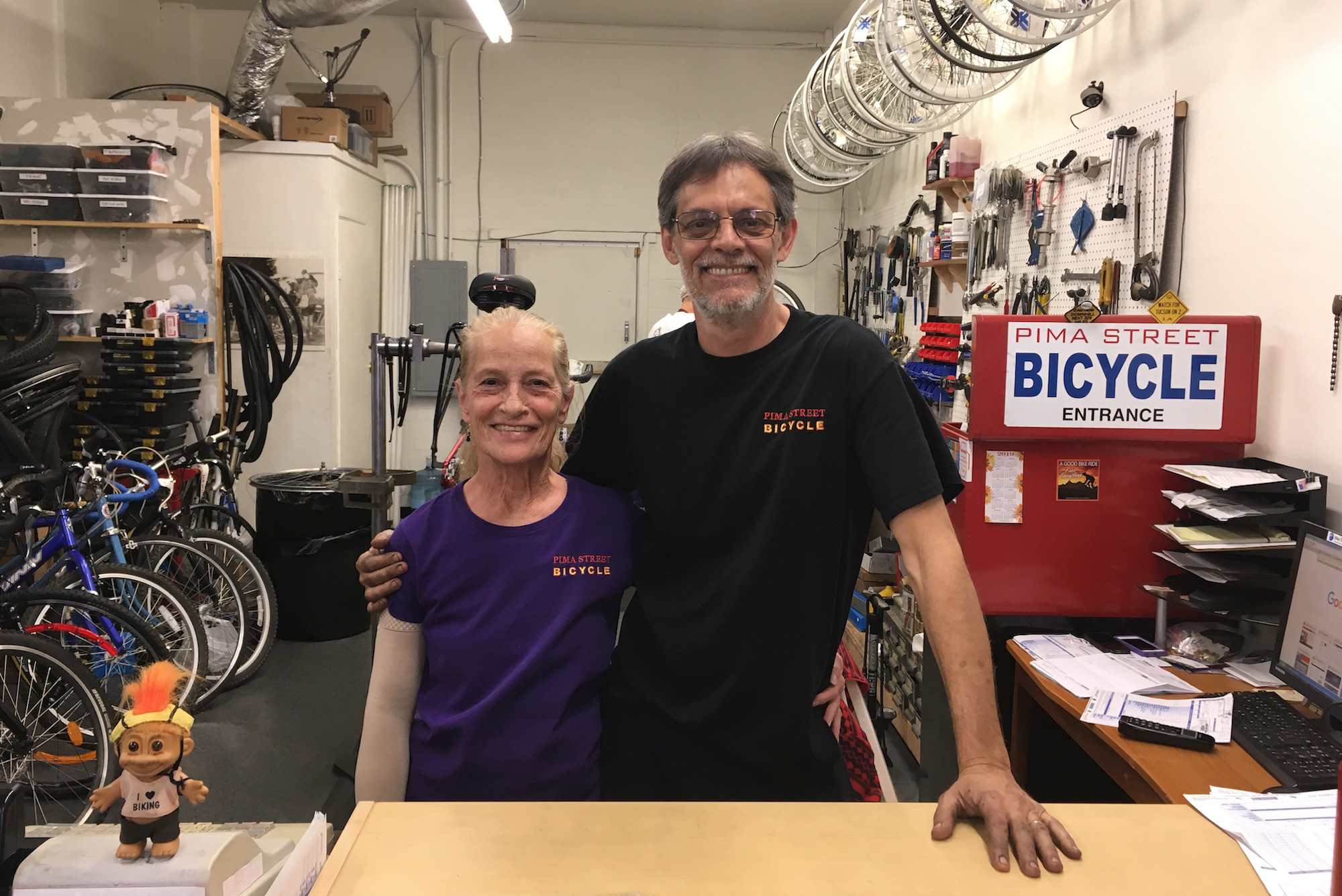Listen to this article
Listen to this article
Loading
Play
Pause
Options
0:00
-:--
1x
Playback Speed- 0.5
- 0.6
- 0.7
- 0.8
- 0.9
- 1
- 1.1
- 1.2
- 1.3
- 1.5
- 2
Audio Language
- English
- French
- German
- Italian
- Spanish
Open text
an invitation to an examined life. do you have a mind that is always seeking to make sense of things? does your heart have a deep longing for a sense of order and belonging? have you ever experienced a sense of wonder that thrills to the beauty of the world and the mystery of existence? or are you uninterested in questions like these? for those who are willing to pursue an examined life, there is a sure path to exploring such desires. come and let’s consider the questions themselves and the great quest for faith and meaning that they spur. the prize offered by such a quest is nothing less than a life that is worthy of life. “forget the opinion polls. think for yourself.” that old maxim needs reviving today in an other-obsessed age. many people have little interest in such issues as the meaning of life. they are interested only when the questions are popular with others too. they have hardly given a thought to what life is all about, and they have zero curiosity as to why they exist at all. press them with questions, and all that matters is that they are alive and well, and enjoying life from day to day—and under the bountiful conditions of the modern world, that is surely not so bad. the best course, we are told, is to do the next thing that we need to do and to make the most of life while we can. after all, we are said to be entering the most irreligious era in human history, when seriousness about faith and meaning is irrelevant to more people than ever. we have enough to live with. why should we concern ourselves with impossibly big questions about what we should live for? we are often pointed to the religious “nones,” the “none of the aboves” as the exemplars of this fashionable indifference. they are the rising tide of those with receding faith. to be sure, what the nones say they no longer believe, and what they say is important for anyone to believe, often amounts to very little and seems to matter even less. the result is an easy-going nihilism, often masked under a wise-guy bravado. many of the nones sound as if they are as knowledgeable as plato even when they spout nonsense. compared with most people in most previous times, many in today’s generation are not only disinterested but unschooled in knowing how to search for the meaning of life. the situation is as confusing and chaotic as it is over sure paths to lasting relationships. many of today’s elites dismiss the very idea of the meaning of life as meaningless itself. as a result, the paths for the search are cordoned off, overgrown, and increasingly uncharted and unexplored. for any who are still determined to break with the crowd and set off by themselves, the quest is often haphazard and ad hoc—a matter of everyone for themselves. but is our generation really so incurious that we no longer wonder about the meaning of life? what does it say of us and our view of our own existence that we are content to assume there is no more to life than muddling along as best as we can? why are we here? what can we know? what is a good life? what should be our relationship to the cosmos in which we live? are we to be content with cliches and consensus thinking? if the mounting incidence of suicide opens our eyes to the fact that far too many people do not want to go on existing, then the collapsing birth rate across the modern world raises a similar question at a different level: what will it take for humanity to desire to go on existing fruitfully? how would you set out the basic options for thinking through the meaning of life? would it improve things for you, or make them worse, to say that our ultimate trust in life should not be in god or in any religion but only in human reason, in science, in technology, in management, in nature, and in history? do you agree with bertrand russell’s famous dictum that “what science cannot discover, man cannot know”? are you content to live in what plato called a “cave” in which the sun is not allowed to penetrate, and peter berger described as “the world without windows”? are you confident that, between us, we human beings will somehow figure out the mysteries and challenges of life and the universe, and be able to live well together on our little blue ball of a home? the truth is that the urgent need of our times is a fresh seriousness about human existence and a renewed openness to ultimate questions. answers to ultimate questions are not only vital to each of us as individuals but to whole societies and civilizations. indeed, there are no great societies or civilizations without confident answers to ultimate questions, and such answers need to become vital again in our schools, our universities, and our public discussion as well as in our families. “man” cannot live on cynicism alone. knowing what life is about is essential for finding happiness in life. the gap between the reality of a human being and the ideal of being human is now alarmingly wide, and we are closer to c. s. lewis’s warning of a master generation that, through its genetic and psychological engineering, is capable of deciding the course of all future generations—and all without their consent. the essential first step for us all is to explore what we believe is the meaning of life and, in light of it, to learn to live well together, even with others who have very different views of what life is about. taken from “the great quest” by os guinness. copyright (c) 2022 by os guinness. published by intervarsity press, downers grove, il. do good:. read “the great quest: invitation to an examined life and a sure path to meaning” (ivp, 2022) by os guinness. listen to the do gooders podcast episode 102 finding the good life through philosophy with dr. meghan sullivan. you’ve probably seen the red kettles and thrift stores, and while we’re rightfully well known for both…the salvation army is so much more than red kettles and thrift stores. so who are we? what do we do? where? right this way for salvation army 101.
Open context player
Close context player
Plays:-Audio plays count
an invitation to an examined life. do you have a mind that is always seeking to make sense of things? does your heart have a deep longing for a sense of order and belonging? have you ever experienced a sense of wonder that thrills to the beauty of the world and the mystery of existence? or are you uninterested in questions like these? for those who are willing to pursue an examined life, there is a sure path to exploring such desires. come and let’s consider the questions themselves and the great quest for faith and meaning that they spur. the prize offered by such a quest is nothing less than a life that is worthy of life. “forget the opinion polls. think for yourself.” that old maxim needs reviving today in an other-obsessed age. many people have little interest in such issues as the meaning of life. they are interested only when the questions are popular with others too. they have hardly given a thought to what life is all about, and they have zero curiosity as to why they exist at all. press them with questions, and all that matters is that they are alive and well, and enjoying life from day to day—and under the bountiful conditions of the modern world, that is surely not so bad. the best course, we are told, is to do the next thing that we need to do and to make the most of life while we can. after all, we are said to be entering the most irreligious era in human history, when seriousness about faith and meaning is irrelevant to more people than ever. we have enough to live with. why should we concern ourselves with impossibly big questions about what we should live for? we are often pointed to the religious “nones,” the “none of the aboves” as the exemplars of this fashionable indifference. they are the rising tide of those with receding faith. to be sure, what the nones say they no longer believe, and what they say is important for anyone to believe, often amounts to very little and seems to matter even less. the result is an easy-going nihilism, often masked under a wise-guy bravado. many of the nones sound as if they are as knowledgeable as plato even when they spout nonsense. compared with most people in most previous times, many in today’s generation are not only disinterested but unschooled in knowing how to search for the meaning of life. the situation is as confusing and chaotic as it is over sure paths to lasting relationships. many of today’s elites dismiss the very idea of the meaning of life as meaningless itself. as a result, the paths for the search are cordoned off, overgrown, and increasingly uncharted and unexplored. for any who are still determined to break with the crowd and set off by themselves, the quest is often haphazard and ad hoc—a matter of everyone for themselves. but is our generation really so incurious that we no longer wonder about the meaning of life? what does it say of us and our view of our own existence that we are content to assume there is no more to life than muddling along as best as we can? why are we here? what can we know? what is a good life? what should be our relationship to the cosmos in which we live? are we to be content with cliches and consensus thinking? if the mounting incidence of suicide opens our eyes to the fact that far too many people do not want to go on existing, then the collapsing birth rate across the modern world raises a similar question at a different level: what will it take for humanity to desire to go on existing fruitfully? how would you set out the basic options for thinking through the meaning of life? would it improve things for you, or make them worse, to say that our ultimate trust in life should not be in god or in any religion but only in human reason, in science, in technology, in management, in nature, and in history? do you agree with bertrand russell’s famous dictum that “what science cannot discover, man cannot know”? are you content to live in what plato called a “cave” in which the sun is not allowed to penetrate, and peter berger described as “the world without windows”? are you confident that, between us, we human beings will somehow figure out the mysteries and challenges of life and the universe, and be able to live well together on our little blue ball of a home? the truth is that the urgent need of our times is a fresh seriousness about human existence and a renewed openness to ultimate questions. answers to ultimate questions are not only vital to each of us as individuals but to whole societies and civilizations. indeed, there are no great societies or civilizations without confident answers to ultimate questions, and such answers need to become vital again in our schools, our universities, and our public discussion as well as in our families. “man” cannot live on cynicism alone. knowing what life is about is essential for finding happiness in life. the gap between the reality of a human being and the ideal of being human is now alarmingly wide, and we are closer to c. s. lewis’s warning of a master generation that, through its genetic and psychological engineering, is capable of deciding the course of all future generations—and all without their consent. the essential first step for us all is to explore what we believe is the meaning of life and, in light of it, to learn to live well together, even with others who have very different views of what life is about. taken from “the great quest” by os guinness. copyright (c) 2022 by os guinness. published by intervarsity press, downers grove, il. do good:. read “the great quest: invitation to an examined life and a sure path to meaning” (ivp, 2022) by os guinness. listen to the do gooders podcast episode 102 finding the good life through philosophy with dr. meghan sullivan. you’ve probably seen the red kettles and thrift stores, and while we’re rightfully well known for both…the salvation army is so much more than red kettles and thrift stores. so who are we? what do we do? where? right this way for salvation army 101.
Listen to this article

















